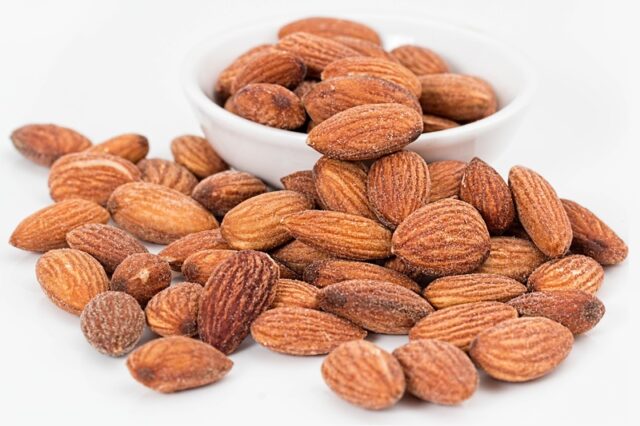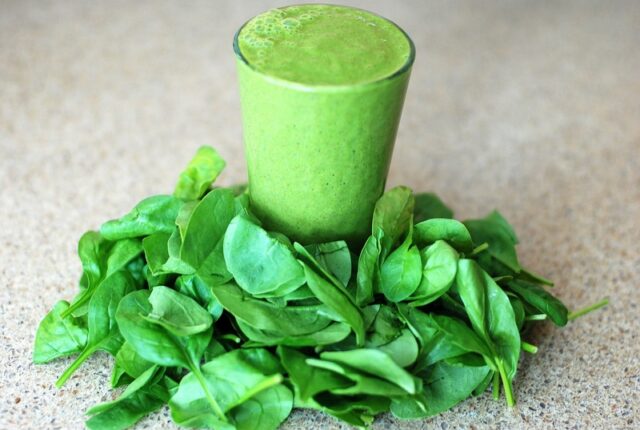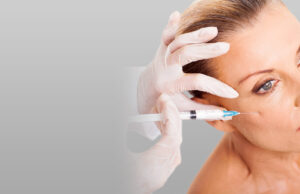
The best way to get the nutrients we need is through food. However, achieving maximum levels through diet alone is not feasible. With very busy schedules, the dietary options can fall short sometimes. To compensate for the shortfall, you may want to consider taking multivitamins and supplements.
Below are some supplement recommendations to help maintain healthy skin (and healthy hair and nails). However, be sure to consult with your physician before starting a supplement routine.
1. Vitamin E Supplement (400 IU daily)

Vitamin E’s antioxidant properties help stop the production of reactive oxygen species (ROS) formed when fat undergoes oxidation. Consequently, it prevents or delays common age-related diseases such as cataracts, heart disease, and cancer.
In addition to preventing cell damage, this fat-soluble vitamin is involved in the regulation of gene expression, cell signalling, immune function, and other metabolic processes.
Good dietary sources of Vitamin E include almonds, peanuts, hazelnuts, corn oil, soyabean oil, sunflower oil and more. Sunflower seeds and green leafy vegetables like broccoli and spinach are a good source of Vitamin E.
2. Vitamin C Supplement (1,000 milligrams daily)

Vitamin C, also known as ascorbic acid, plays a role in many vital body functions. This water-soluble vitamin aids in different body functions such as the healing of wounds, synthesis of collagen, metabolism, and the repair and maintenance of bones, teeth, and cartilage.
Other widely promoted uses of vitamin C include starving off sunburn, slowing the progression of macular degeneration, and improving the appearance of wrinkles making it one of the best vitamins for skin.

According to inessawellness good dietary sources of vitamin C include red and green chilli peppers, bell peppers, parsley and thyme, dark green leafy vegetables, potatoes, kiwi, guava, blackberries, papaya, lemons and limes, oranges and strawberries.
3. Vitamin D Supplement (1,000 IU daily)

Despite its name, vitamin D is not a vitamin but a precursor of a hormone or a prohormone. It is produced endogenously when UV rays from the sun strike the skin triggering the synthesis of vitamin D.
This “sunshine vitamin” assists in regulating the immune system, modulating blood sugar balance, supporting cardiovascular health, and regulating neurotransmitter synthesis. Other roles of vitamin D in the body include neuromuscular and immune function, modulation of cell growth, and reduction of inflammation, all of which promote skin health.
According to the experts, an adult should spend at least 15-30 minutes under the sun on a daily basis. Please check with the doctor in case you have any skin condition as sitting in sunlight may have a negative effect in such cases.
4. Calcium Supplement (500 milligrams daily)

Calcium is one of the best vitamins for skin. Not only is it important for optimal bone and dental health but also the heart, muscles, nerves, and skin also need calcium to function properly. This nutritional element plays an important role in regulating many skin functions. A lack of calcium will cause the skin epidermis to appear thin, dry, and fragile. Additionally, it prevents the production of new skin cells and the shedding of dead ones.
In general, dairy products are recommended as a good source of calcium. However, according to new dietary preferences, many people around the world prefer to avoid dairy products, especially vegans. Many people around the world are also lactose intolerant; thus, they have to remove dairy products from their diet.

There are other good sources for Calcium that you can choose if you are not comfortable with dairy for any reason. These food items include spinach, kale, okra, collards, soybeans, white beans and more. For those who eat non-vegetarian food, options may consist of tuna, salmon, beef liver, egg yolks and more.
5. Collagen Supplement

Collagen is one of the most abundant proteins in the body, accounting for a whopping 80% of the skin. Over time, the production of this protein slows down causing the skin’s inner layer to lose collagen and become less supple and more vulnerable to damage.
Some of the right sources of collagen include fish, chicken, egg whites, citrus fruits, berries, red and yellow vegetables, garlic, white tea, leafy vegetables, tomatoes, bell peppers, beans and avocadoes.
Though Collagen is found in abundance in your body, it is still advised to check with the doctor and see if you need to either increase its intake or include supplements in your diet.
Taking collagen supplements can help firm the skin, reduce wrinkles and dryness, boost bone health, promote joint health, burn fat, and more.
6. Trace mineral Supplements

Zinc, copper, and selenium are the most essential minerals to the skin. They aid the skin in different ways including reducing inflammation, acting as an antioxidant, and helping in the production of elastin and collagen.
The body needs trace elements in a small amount. You have to be very careful while taking any supplements for them. It is advised to take dietary options for the trace elements before you start taking any supplement. You can get the required amount of trace elements from meat, nuts, seeds, whole grains, eggs, dairy products, shellfish and legumes.
7. Probiotics Supplement (10 to 15 billion CFU each daily)

Probiotics have been credited with providing all kinds of health benefits including enhanced immune function, healthier skin, improved digestion, and reduced risk of many diseases. In promoting skin health, these living organisms may have a role in easing chronic inflammation caused by conditions such as rosacea, inflammatory bowel disease, acne, and eczema.

Most of the fermented foods naturally contain probiotics or have probiotics added to them. Such foods items include yoghurt, miso, kimchi, cheeses, sourdough bread, sauerkraut, and more. Please check the expiry date of the products to avoid any adverse reaction. Make sure to consult the doctor if you want to start any supplements for the same.

It is always better to try to make changes in your diet before jumping for any supplements. In case your doctor suggests taking supplements, always follow the instructions properly.
Do not miss or take an extra dose of the supplements without doctor’s advice. Worth noting is that these supplements do not replace sunscreen or drug regimens. Be sure to continue taking the supplements or pharmaceuticals that your dermatologist or physician has prescribed for you.





